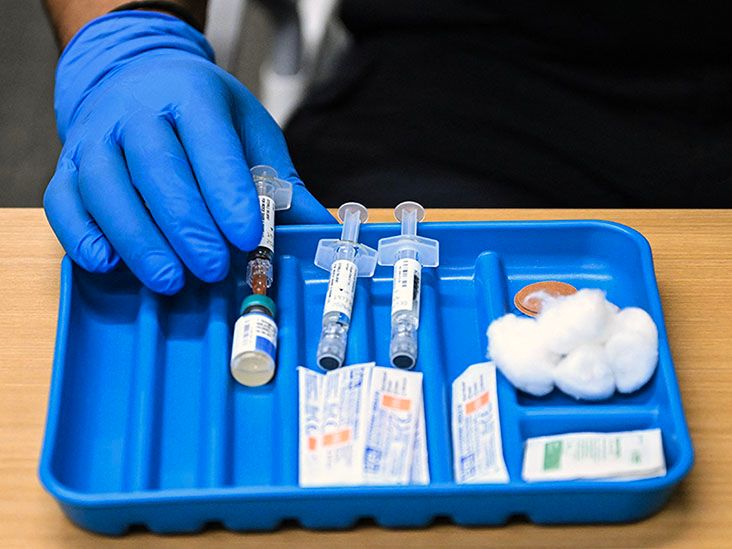Attention deficit hyperactivity disorder (ADHD) symptoms can make some everyday activities challenging. Certain strategies can help adults with ADHD feel more in control of the challenges they face.
According to the Anxiety & Depression Association of America, ADHD affects approximately 4% of adults in the United States, which is around 8 million individuals. However, less than 20% of adults with ADHD have received a diagnosis or treatment.
Strategies for coping with ADHD can help with organizing and managing time, environment, tasks, finances, and stress levels. This article discusses six coping strategies that might help adults with ADHD.

A diary or notebook planner can help people track what they need to do each day. A person can record the dates and times of appointments, meetings, and other commitments in the planner and frequently refer to it.
It also helps to make a scheduled routine. When doing so, individuals need to allow more time than they feel is necessary for each task.
Also, to stick to a schedule, it is best to avoid the distraction of checking phones and other devices often. A person can try setting an alarm to help them limit the amount of time they spend looking at their phone.
Organizing a room or workspace may help reduce anxiety and increase productivity. A person can start by reducing distracting clutter. It may also help to set up systems for everyday tasks, such as allotted containers for laundry and storage bins for garbage and recycling.
Grouping similar things together helps make them easy to locate. It also might help to have a designated place for putting essentials, such as keys and wallets.
A person looking to organize and manage tasks can first make a list of things to do on a given day after checking their planner. They can then prioritize these tasks according to their importance and urgency.
The next step is to break down large projects into smaller, more manageable tasks. A person may wish to work in small increments of time, such as 15-minute periods, with 5-minute breaks in between.
Focusing on one thing at a time will increase the likelihood of completing a task, whereas multitasking might make tasks harder to complete.
Some people with ADHD become easily distracted, making it difficult to focus on and complete tasks. When trying to focus, it may help to place mobile phones and other devices out of sight. If a person is working on a computer, reducing the number of tabs and windows open might help avoid distraction. There are focus keeper apps available that may help reduce distractions.
It is essential to avoid being distracted while driving, so people need to turn off phone notifications before starting a trip.
People who find it difficult to manage their finances may benefit from setting up calendar reminders to pay bills before their due dates. Using online banking makes managing bills easier and reduces paper clutter.
Keeping a record of a person’s income as well as regular bills and their due dates can help them track monthly outgoings and budget for other expenses.
When ADHD leads to disorganization and impulsiveness, people may make less healthy lifestyle choices in an attempt to relieve stress. However, they may have the opposite effect of increasing stress, lowering mood, and provoking feelings of not being in control. Measures that may help offset these effects include:
- Getting enough physical activity: A person needs to aim to exercise daily and spend some time outdoors.
- Avoiding sleep deprivation: Avoiding caffeine consumption late in the day and aiming for a regular sleep-wake schedule may help people get more, better-quality sleep.
- Eating a well-balanced diet: A diet high in fats and sugars may worsen ADHD symptoms, so it is important to eat a nutritious diet. Try to include a variety of fresh fruits and vegetables, lean protein, whole grains, nuts, and seeds.
- Practicing mindfulness: This involves directing attention to the present moment, which may reduce impulsiveness and improve focus.
Learn about mindfulness and emotional well-being strategies.
ADHD resources
Visit our dedicated hub for more research-backed information and in-depth resources on ADHD.
Strategies for coping with attention deficit hyperactivity disorder (ADHD) can help people manage daily tasks, reduce stress, and improve well-being.
Reducing clutter and setting up systems can help organize homes and workspaces. Another strategy is to eliminate distractions by turning off phone notifications or putting devices out of sight.
It is important that people take care of their physical and mental health as this can have a positive knock-on effect on other areas of life.


